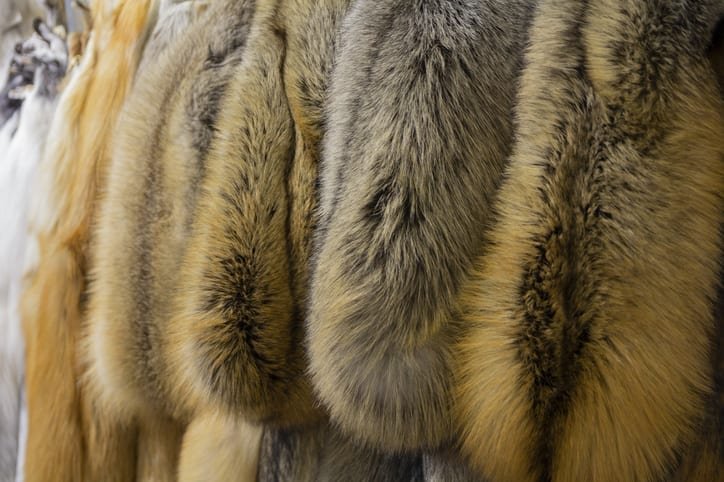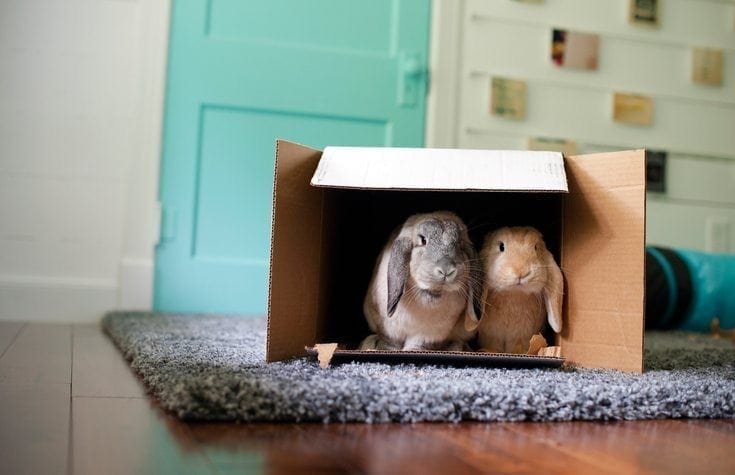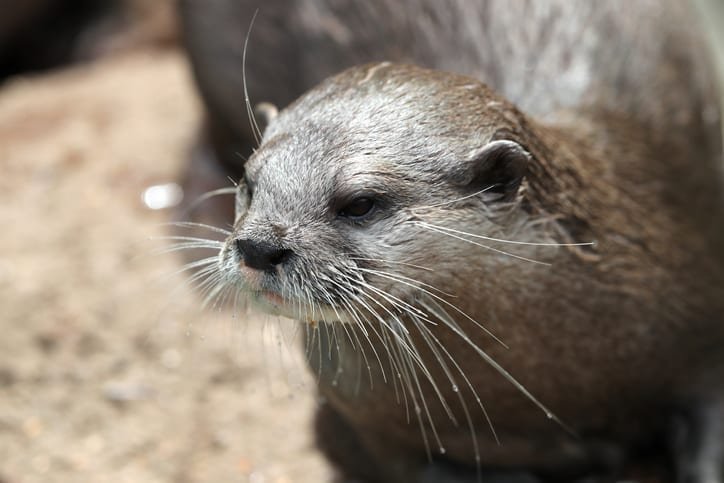‘Reservoirs for pathogens’
Mink fur farming was banned in the Netherlands in 2013 with a deadline for complete phase out by 2024. The Netherlands farmed around 4.5million mink in 2018.
HSI is supporting calls by Dutch animal organisations for the closure of the approximately 128 fur farms that remain to be fast tracked in light of the COVID-19 risk.
The Ministers’ letter states that the Dutch cabinet is considering whether and how to support fur farms to voluntarily terminate their businesses before the 2024 deadline.
‘Banning the cruelty of fur farming in the UK nearly two decades ago, was morally the right thing to do for animals.
‘It’s clear from the situation in the Netherlands that mink fur farms can act as reservoirs for pathogens that put human health at risk.
‘By continuing to allow imports of tens of millions of pounds of fur each year, the UK is effectively underwriting trade in wildlife that could act as a petri-dish for the creation and spread of future viral pathogens.
‘We cannot lay pandemic blame at the door of those countries that commercially farm and trade in wild animals in appalling conditions while simultaneously providing markets for their products.
‘We urge the UK governments to ban the sale of animal fur, sending a clear global message that it is not acceptable to put public health at risk for the sake of the frivolous fur fashion industry.’
CLAIRE BASS
Humane Society International’s UK director
The other main species reared on fur farms – foxes and raccoon dogs – are known to be able to become infected with SARS-CoV-related viruses, with the potential to act as intermediate hosts to pass viruses to humans.
Raccoon dogs and foxes in wildlife markets in China were both found to have been infected with SARS-CoV.
Global fur farming
Fur farming has been banned across the UK since 2003, and has been prohibited and/or is in the process of being phased out in the following European countries: Austria, Belgium, Bosnia and Herzegovina, Czech Republic, Croatia, Macedonia, the Netherlands, Norway, Luxembourg, Serbia, Slovakia, Slovenia and, most recently, the government in Ireland has committed to ending fur farming.
Bulgaria, Lithuania, Montenegro and Ukraine are also presently considering bans on fur farming.
In the US, California became the first state to ban fur sales in 2019, following similar bans in cities including Los Angeles, San Francisco, Berkeley and West Hollywood.
In 2020, legislators in Hawaii and Rhode Island introduced fur sales ban proposals, as have cities in Minnesota and Massachusetts.
Fur farming, however, continues in other countries with China, Denmark, Finland and Poland being the biggest producers.
Globally, an estimated 100 million animals are killed annually for their fur.
Click here to sign HSI’s petition for a UK fur sales ban.
 Play Video about This Rock Might Just Save The World
Play Video about This Rock Might Just Save The World Play Video about Play 2 hours of rock
Play Video about Play 2 hours of rock Play Video about Play 2 hours of brook
Play Video about Play 2 hours of brook Play Video about Play 2 hours of sheep
Play Video about Play 2 hours of sheep














































